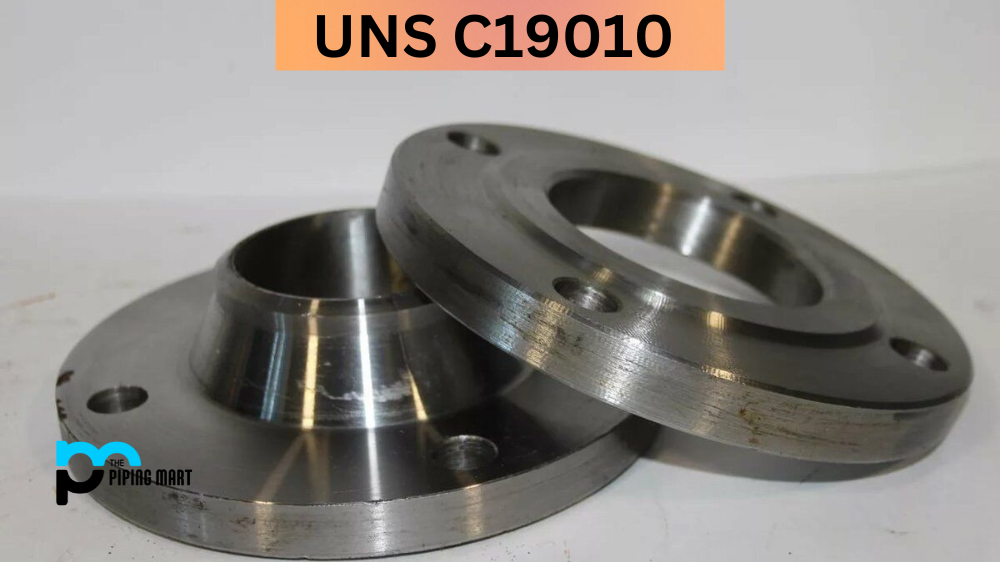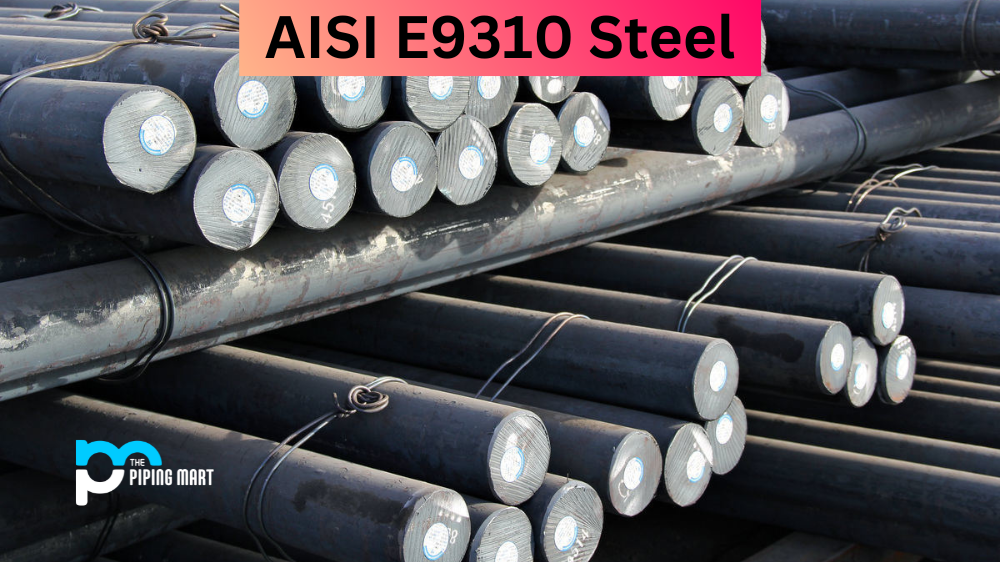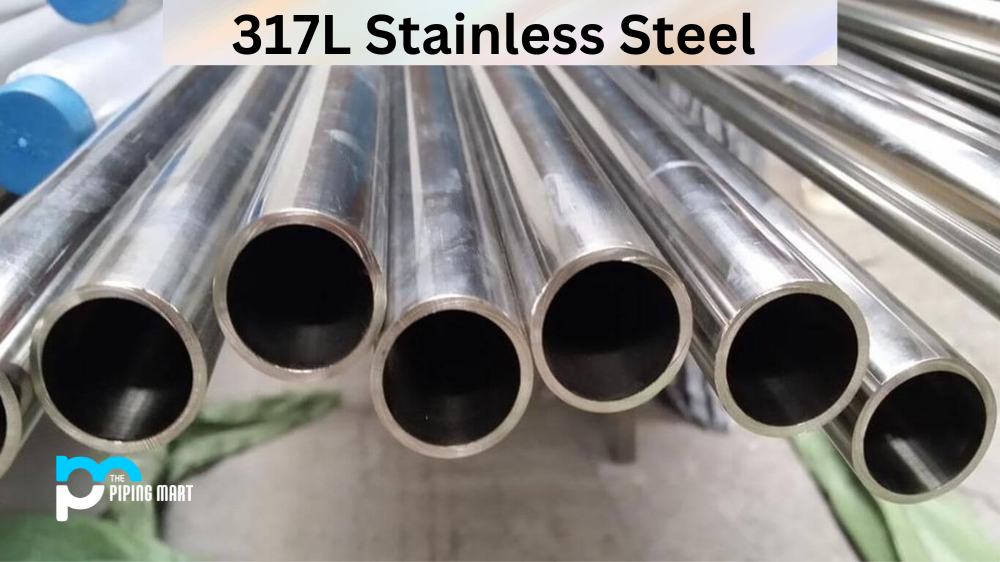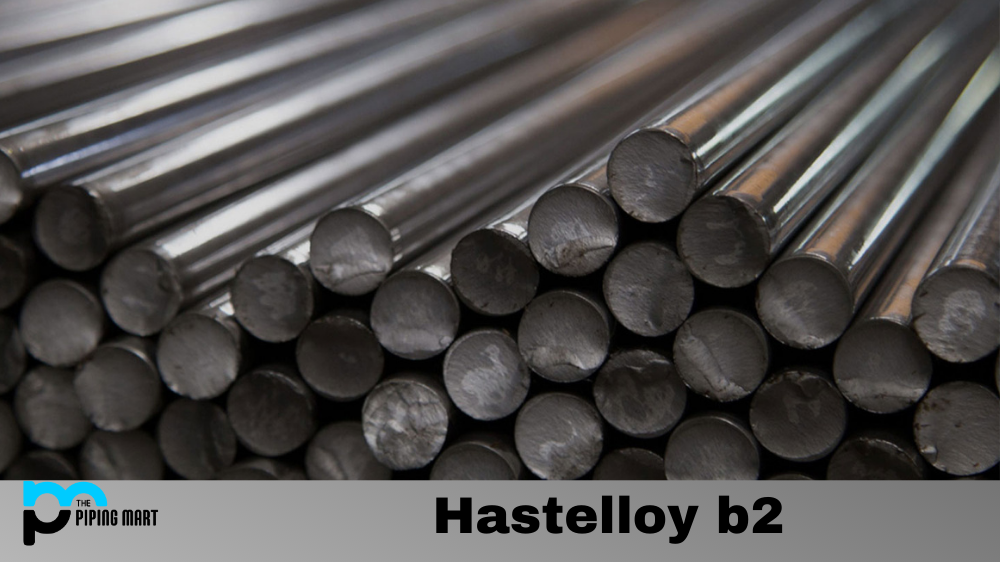In materials science and engineering, finding a suitable metal that can withstand different environmental conditions and mechanical stress is crucial. UNS C19010 is one such metal, with its unique composition providing excellent physical and mechanical properties that make it an essential material in various industries. This blog will examine what UNS C19010 is, its composition, properties, and applications in different fields.
UNS C19010 Composition
UNS C19010 is a copper-nickel-silicon alloy with a small amount of zinc that gives it exceptional properties. The alloy typically comprises 84-86% copper, 8-9.5% nickel, 4-5% silicon, and 0.3-0.8% manganese and/or iron. The zinc content ranges from 0.1-0.2%, and other trace elements may be present. These elements determine its unique properties, such as high strength, excellent ductility, and corrosion resistance.
| Element | Content (%) |
|---|---|
| Nickel, Ni | 0.8-1.8 |
| Silicon, Si | 0.15-0.35 |
| Phosphorous, P | 0.01-0.05 |
| Copper, Cu | Balance |
UNS C19010 Physical Properties
UNS C19010 has a density of 8.09 grams per cubic centimetre and a melting point of 1037°C. It has a thermal conductivity of 0.35 W/cm°C and a specific heat capacity of 0.37 J/g°C. The modulus of elasticity for the alloy is 1.28 × 1011 N/m2, and its coefficient of thermal expansion is 17.1 × 10-6 m/m°C.
| Properties | Metric | Imperial |
|---|---|---|
| Density | 8.9 g/cm3 | 0.323 lb/in3 |
UNS C19010 Mechanical Properties
UNS C19010 has excellent mechanical properties, making it suitable for various applications. The ultimate tensile strength of the alloy is 735-900 MPa, with a yield strength of 315-655 MPa. It has a hardness range of 140-225 in the Brinell scale and an elongation of 15-28%. The alloy has good fatigue and creep resistance, making it a reliable material for demanding applications.
| Properties | Metric | Imperial |
|---|---|---|
| Tensile strength | 358 MPa | 52 ksi |
| Elongation | 12% | 12% |
UNS C19010 Uses
UNS C19010 has versatile uses in different industries, including marine engineering, aerospace, and automotive applications. Its high corrosion resistance makes it suitable for offshore and marine applications, where it can withstand exposure to saltwater and other corrosive elements. It is also essential for manufacturing heat exchangers, condensers, oil refinery components, and chemical processing equipment.
UNS C19010 Hardness
UNS C19010 has a hardness range of 140-225 on the Brinell hardness scale, making it a hard and durable metal for different mechanical applications. The hardness range depends on the specific heat treatment applied to the metal.
UNS C19010 Heat Treatment
UNS C19010 typically undergoes annealing, cold working, or precipitation hardening to improve its mechanical and physical properties. The annealing process involves heating the alloy to 600-800°C for two hours, followed by slow cooling to room temperature. The cold working process involves deforming the alloy at room temperature to increase strength. Precipitation hardening involves heating the alloy to 500-550°C before rapidly cooling it to room temperature.
UNS C19010 Welding
UNS C19010 is readily weldable using various welding techniques, including gas tungsten arc welding (GTAW), gas metal arc welding (GMAW), and shielded metal arc welding (SMAW). The welding process should be carried out carefully to avoid material deformation.
UNS C19010 Corrosion Resistance
UNS C19010 has excellent corrosion resistance, making it ideal for use in harsh environments such as marine and offshore structures, chemical processing, and heat exchangers. It has excellent resistance to crevice corrosion, stress corrosion cracking, and pitting corrosion.
Conclusion:
UNS C19010 is a copper-nickel-silicon alloy with unique properties that make it suitable for different applications. Its high strength, excellent ductility, and corrosion resistance make it an ideal material for harsh environments. It has versatile uses in various industries, including marine engineering, aerospace, and automotive applications. With its excellent mechanical and physical properties, UNS C19010 is an essential material for applications requiring high durability and resistance to mechanical stress and corrosion.

Meet Bhavesh, a seasoned blogger with a wealth of knowledge and experience. From metal products manufacturing to retail, Bhavesh has a diverse background in various industries and is dedicated to sharing his insights and expertise with readers.




